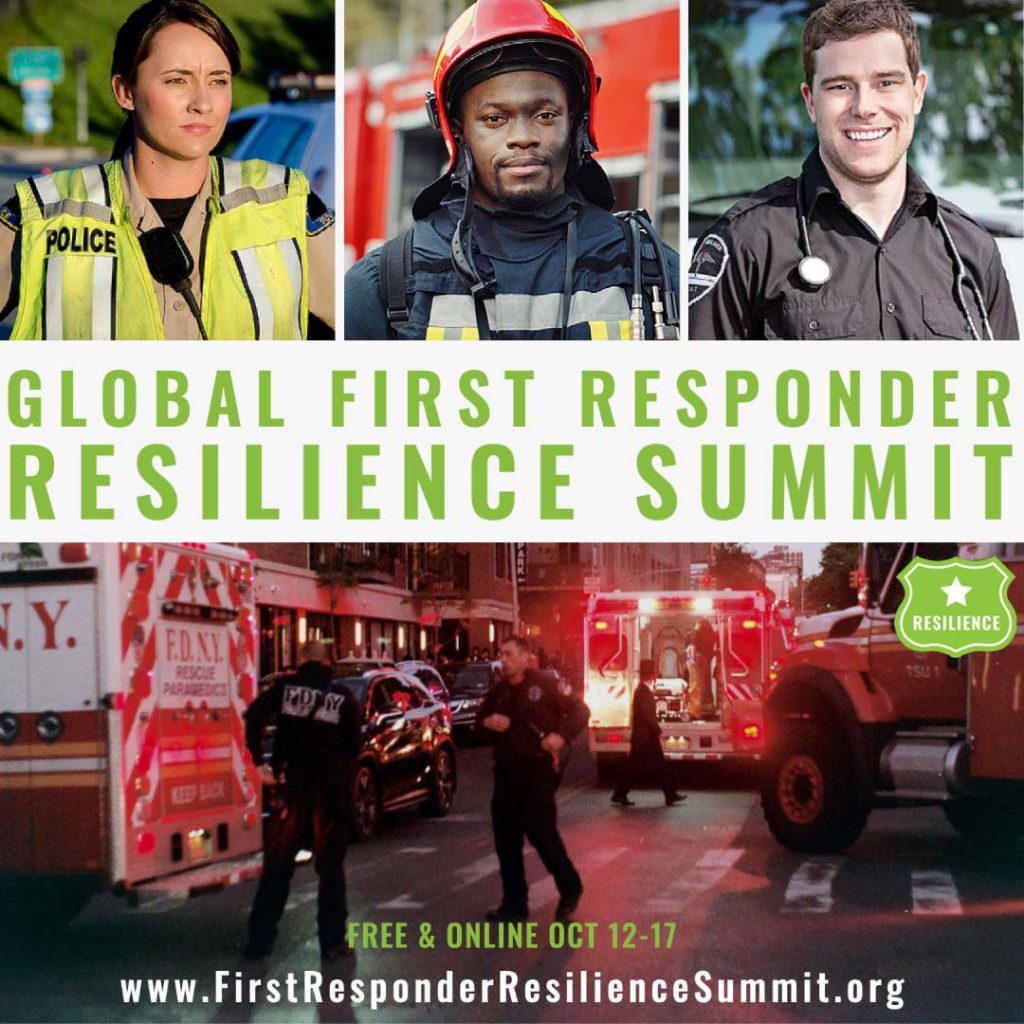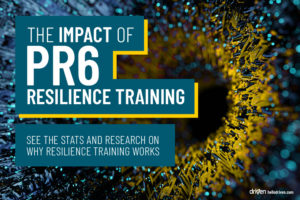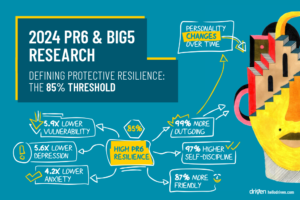Supporting Our Heroic First Responders and Public Safety Professionals
A Six-Day Online Summit Featuring Leading Experts in Supporting Physical, Mental, Emotional & Spiritual Fitness, Wellbeing & Resilience for First Responders and Public Safety Professionals. This Summit will provide evidence-based solutions, strategies and skills for building and sustaining fitness, wellbeing and resilience.
First responders can employ these strategies to mitigate the health risks associated with ongoing high stress and trauma exposure and for healing and post-traumatic growth.
40+ LEADING EXPERT SPEAKERS
In light of the Covid-19 pandemic and other challenges of the past 18 months, the Summit will offer the opportunity for First Responders and Public Safety Professionals to:
- Recover from traumatic stress & wounds of the past 16 months
- Learn effective skills for self-regulation & resilience building
- Support healthy grieving with mindfulness, compassion & resilience
- Rebuild healthy personal and professional relationships
- Connect with inner resources for wellbeing, resilience and post-traumatic growth
- Build trauma-resilient agencies supporting first responder health, wellbeing, performance & enhanced public safety outcomes
- Learn from the past and envision a healthier, more resilient future



